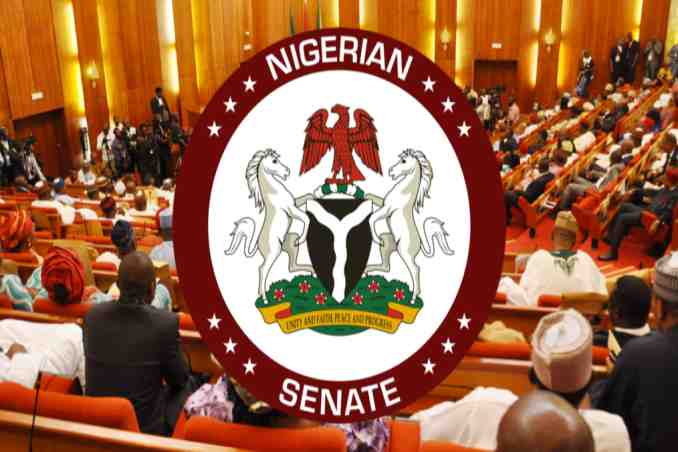Last updated on September 11th, 2021 at 07:57 am
Nigeria has finally been able to move ahead with its long overdue oil sector reform bill that was stuck since 2008 for clearance. It was indeed a historic moment for Africa’s top oil producing nation. Oil reserves were being plundered by foreign companies without proper returns or growth for the economy.
The Nigerian Parliament finally voted to approve the long-delayed oil and gas law that aims to attract new foreign investment in the OPEC country’s petroleum industry.
Making an official statement for the media, Ola Awoniyi, spokesman for the senate president said, “Both the senate and house of representatives have passed the Petroleum Industry Bill (PIB). It’s a landmark feat by the current National Assembly after many years of delay.”
READMORE: Somalia’s long-postponed indirect presidential election will take place in October
While foreign exploitation remained rampant, the national assembly was busy fighting over how much share should go to regional communities rich in oil reserves. Too many disagreements and debates had stretched any decision for close to two decades.
But as of now, the two chambers are still to agree on certain issues, including the share of redistribution to communities living in the extraction areas. But in general, this law aims to provide a legal and fiscal framework for the Nigerian oil and gas industry.
What has troubled the continent is dilapidated infrastructure, internal strife and exploitation at the of foreign companies giving no return to the populations living there. As Africa’s top oil producer, Nigeria was exporting 1.9 million barrels daily.
With the new bill put into action, Nigeria can look at three main areas being streamlined: more controlled taxation, better redistribution of wealth, and the transformation of the Nigeria National Petroleum Commission (NNPC), reputed to be the state’s slush fund, into a commercial company.

